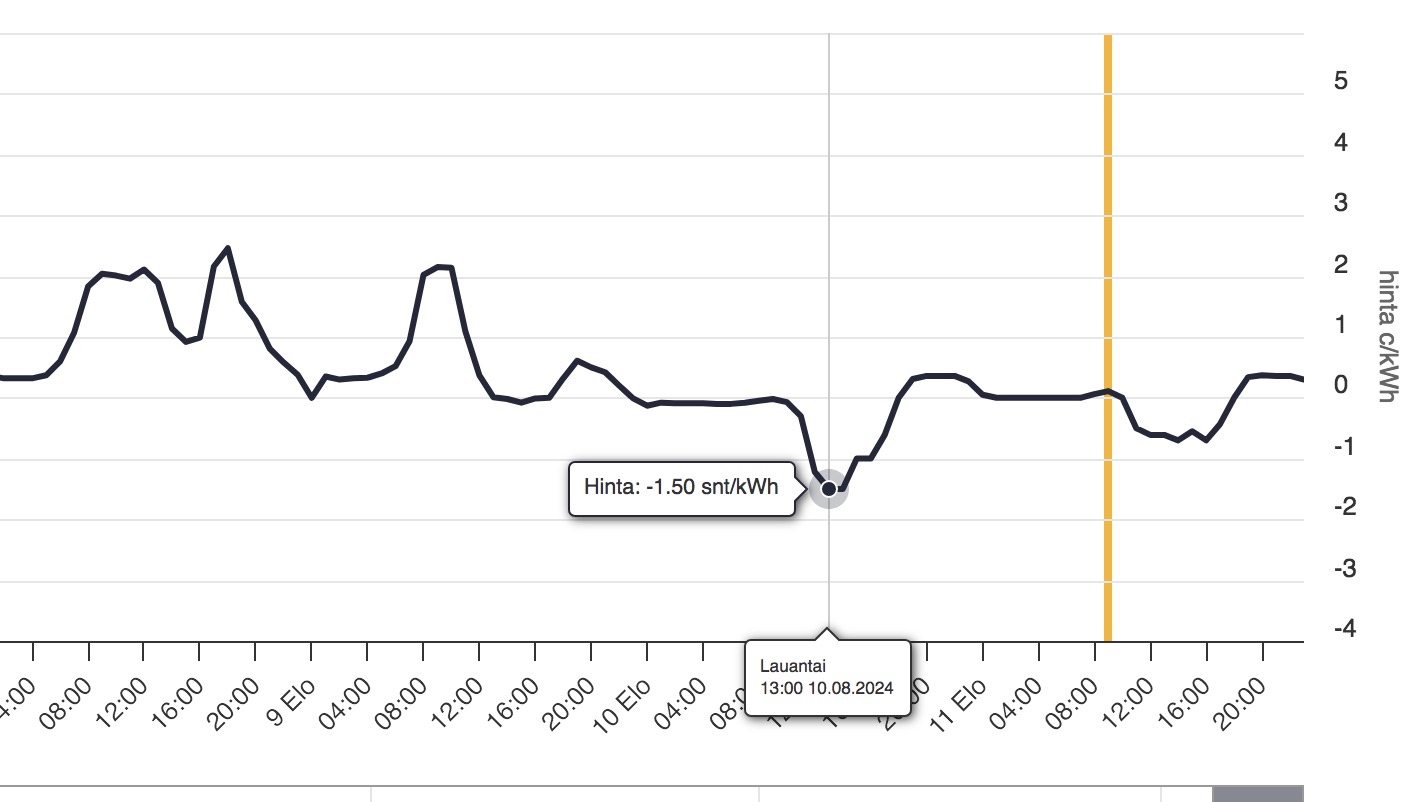this post was submitted on 11 Aug 2024
858 points (99.1% liked)
Mildly Interesting
17500 readers
5 users here now
This is for strictly mildly interesting material. If it's too interesting, it doesn't belong. If it's not interesting, it doesn't belong.
This is obviously an objective criteria, so the mods are always right. Or maybe mildly right? Ahh.. what do we know?
Just post some stuff and don't spam.
founded 2 years ago
MODERATORS
you are viewing a single comment's thread
view the rest of the comments
view the rest of the comments

Of course not, hydrogen is pathetic compared to batteries and similar stored mass energy solutions, but hydrogen does have its place, the future should be a mixture of different solutions because many methods have their advantages and disadvantages, but having a mixture means we can apply the best solution to the viable problems. Let's take transportation, you have a truck that earns money by travelling. If we want to transition away from fossil fuel, hydrogen makes sense over batteries that takes an hour to multiple hours to charge and the weight of the batteries reduce the overall payload of the truck.
There are two solutions to trucks:
The first will almost certainly happen in the next few years. Batteries have been improving kwh/kg at 5-8% per year. There are still enough lab research projects making their way into actual manufactured batteries that we expect this to continue for a while longer. It's been at the higher end of the range for the last few years. That growth compounds every year; at 8%, you've more than doubled capacity in 10 years. Which is about where trucks would need to be.
How much would you want to invest in a parallel set of hydrogen infrastructure and trucks when batteries are likely to overtake them in a few years?
The better solution is to replace most long haul trucking with trains. If the trains kept running on diesel, it'd still be a huge win. Even better is electrified overhead wires, but diesel will do fine if we have to.
The US commercial train system has deliberately avoided competing with most long haul trucking for decades. It doesn't have to be that way, and the investment needed may not be that much.
As far as grid storage goes, we have flow batteries, pumped hydro, flywheels, heating up sand, or sodium batteries. They all have advantages and disadvantages, but hydrogen doesn't have much of a niche.
we're also moving away from wet lithium cell tech and into solid state tech, as well as other non rare metals based technologies, though those are all in the very super alpha states (except for solid state lithium cells)
nickel hydrogen might become something interesting if a company picks it up. Cheap and relatively reliable, though unconventional.
also flywheel energy storage is almost exclusively used for frequency stabilization of the grids, as opposed to actually storing energy. It mechanically couples a source of inertia to the frequency, which in an all renewable grid, is required to some degree.
Hydrogen has its place, and we need plenty of it in places where we don't have viable alternatives. Road transport is pretty far down that list though.
The Clean Hydrogen Ladder
Hydrogen makes zero sense in vehicles too. Same storage issues coupled with more horrible fuel cell efficiency, plus modern batteries can charge at hundreds of kW